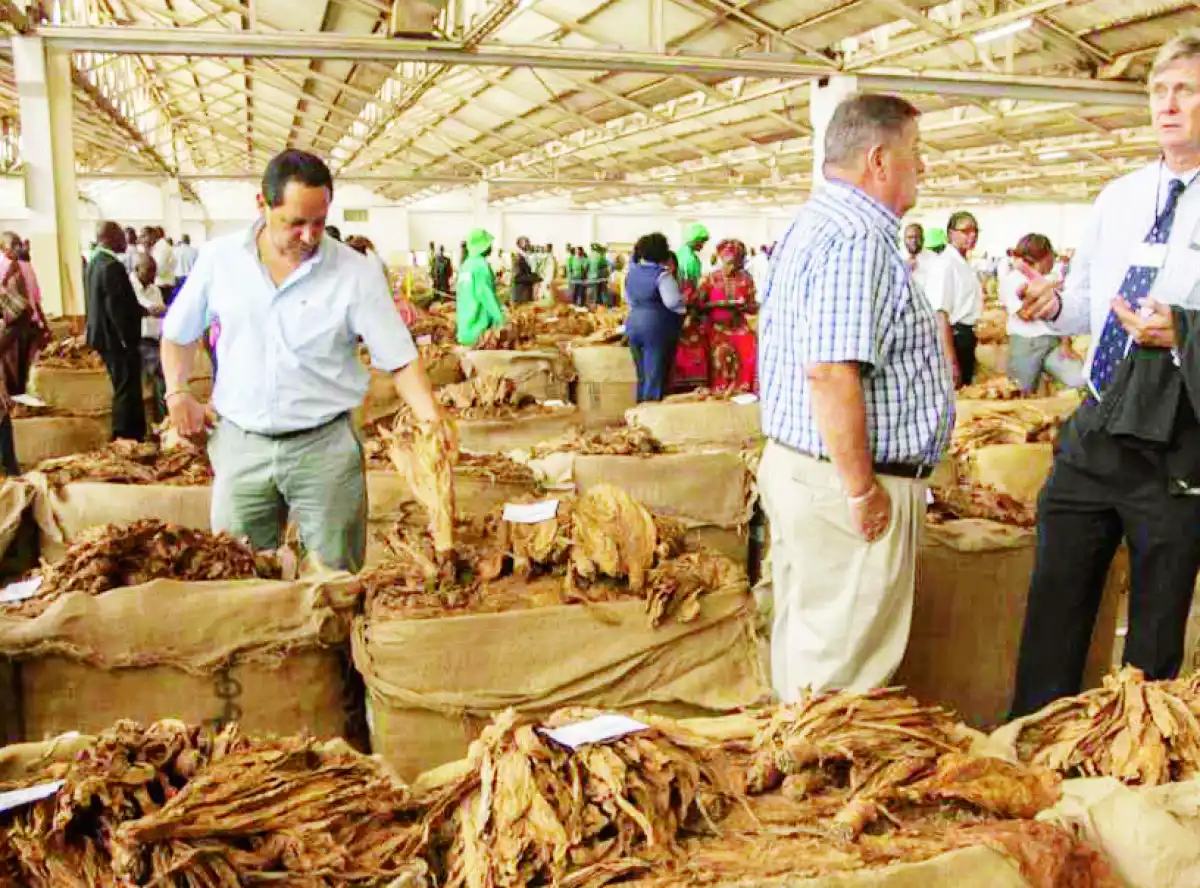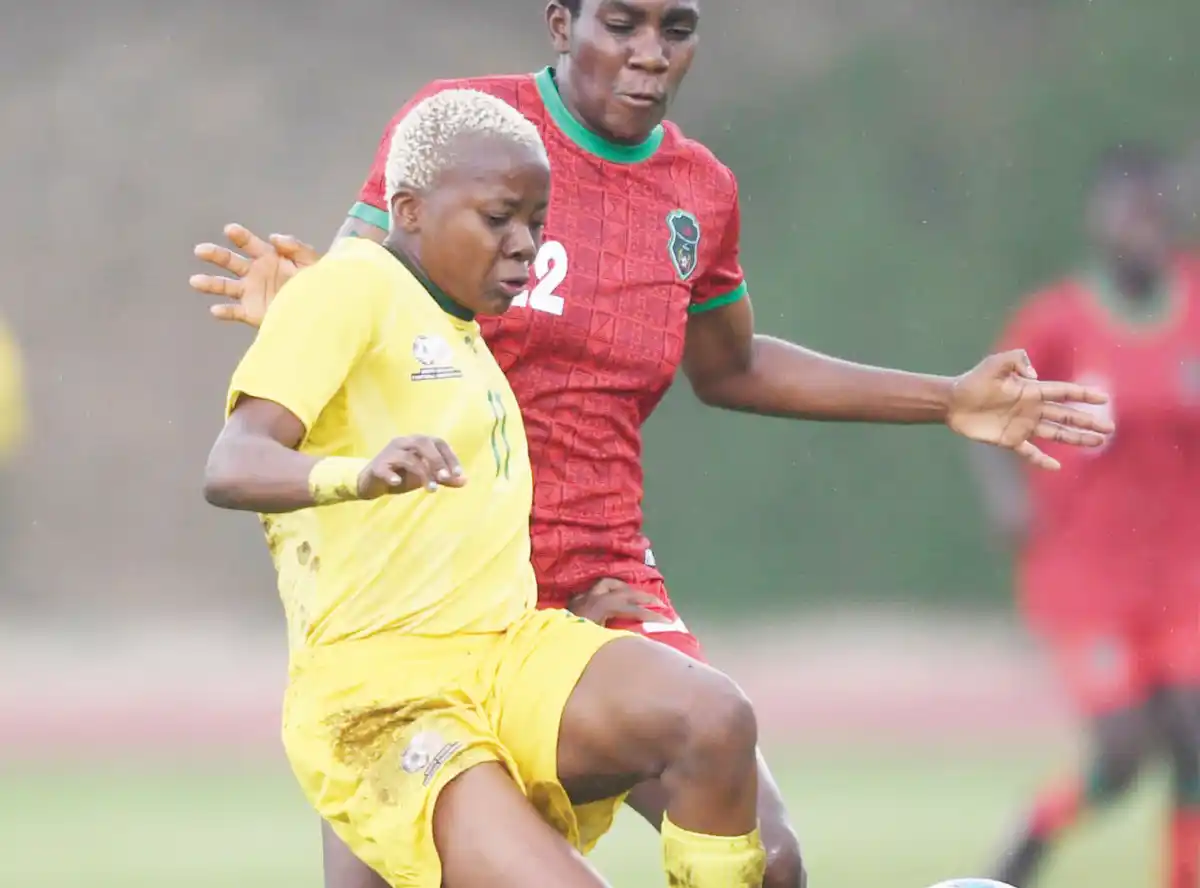
In recent years, the relationship between music and money in Malawi has undergone a significant transformation.
What was once considered a distant dream for local artists—fair compensation for their creative works—is now becoming a reality, thanks to a more structured royalty system.
Historically, musicians relied on media houses, particularly the state-owned Malawi Broadcasting Corporation (MBC), to administer royalties.
This process was cumbersome, as every local song played had to be recorded and submitted to the relevant authorities.
Private media houses were often unwilling to take on this responsibility, as they struggled to manage their daily operations and could not afford to pay artists.
However, the introduction of a more organised system through the Malawi Revenue Authority (MRA) has completely changed the game.
With this new framework in place, the Copyright Society of Malawi (Cosoma) can breathe a sigh of relief, as the process has become more efficient and less prone to errors.
Registered artists are now receiving more transparent and direct payments, ensuring they are fairly compensated for their work.
Previously, royalties were distributed based on the frequency of airplay across media houses, with MBC playing a central role as the largest public outlet.
However, this system had its drawbacks. It lacked transparency, and smaller or independent artists often found their songs overlooked or underrepresented.
There were frequent delays in payments, with artists sometimes waiting months or even years, without clear information on how their earnings were calculated.
Today, however, the landscape has shifted. The involvement of MRA in collecting royalties has been a game-changer. By streamlining the process, MRA has made royalty collection more consistent, transparent and equitable.
This has allowed artists’ hard work to be properly rewarded, with the added benefit of accountability. The shift has also reduced the burden on media houses, freeing them from the administrative hassle of tracking royalties.
This transformation has already had a notable impact on some of Malawi’s most successful and established musicians.
Gibo Pearson, a well-known figure in the Malawian music scene, has benefited from the improved system, which has provided him with tangible rewards for his years of dedication.
Similarly, artists like Namadingo and Lawi, who have enjoyed both commercial success and widespread popularity, have seen a positive change in their financial fortunes.
Namadingo’s constant presence on local radio has translated into significant royalty earnings, while Lawi, known for his unique afrobeat style, has also benefited from the revamped system.
But this shift isn’t just helping established stars. Emerging artists like the Bangwe duo Eidfest and Kineo, as well as Fada Moti and Jetu, are now finding their footing in a more financially supportive environment.
The new royalty system has created an ecosystem where younger artists are not only gaining recognition for their talent but also for the financial return their music generates.
Fada Moti, with his catchy Afro-pop tunes, has already made waves on social media and local media outlets.
By registering with Cosoma and benefiting from the transparent royalty collection process, these up-and-coming artists can focus on perfecting their craft rather than worrying about funding their next project.
This new era has empowered musicians and set the stage for a more sustainable music industry in Malawi.
Artists can now invest in their craft, knowing that the financial rewards for their work are being properly managed.
As the royalty system continues to evolve and more artists join the fold, it’s likely that Malawi’s music scene will continue to flourish, with both established and emerging talents enjoying the benefits of a fair and well-organised system.
The shift in how royalties are collected and distributed has been a welcome change for many Malawian musicians.
They are finally receiving the financial recognition they deserve, and the improved system is nurturing a creative industry that can contribute to the cultural and economic growth of Malawi.
My message to fellow musicians is simple: create quality music, get registered with Cosoma and enjoy the rewards of your hard work.








0 Comments